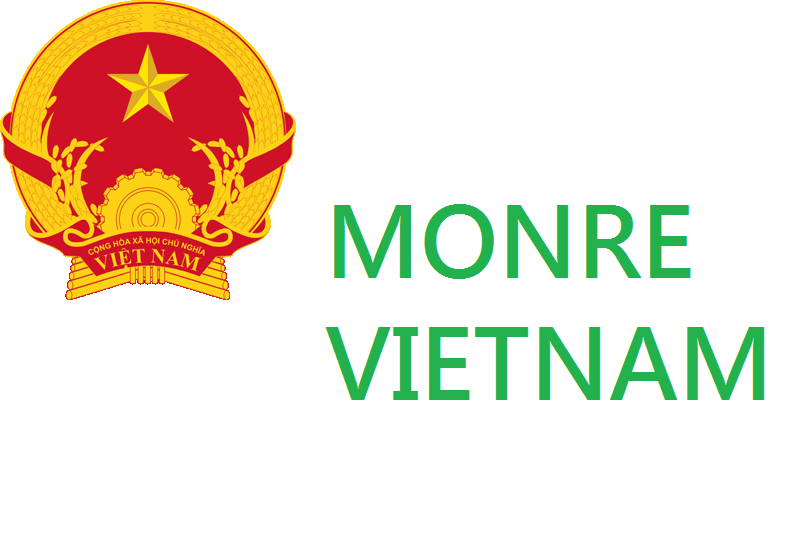Vietnam’s revised Environmental Protection Law (2014) came into force on Jan 1st, 2015, serving as the legal basis for enforcement of greener industrial development and economic growth, climate change and environmental security and helps to fulfill Vietnam’s commitments under international conventions related to environmental protection.
The previous Law on Environmental Protection, enacted in 2005 was a significant step toward regulating against environmental pollution. However, some problems were exposed during its implementation specifically its failure to cope with the fast development of Vietnams’ economy, gaps in the legal provisions on hazardous waste management, pesticides, toxic chemical release and disposal, environmental incidents, and other miscellaneous issues. With a view to overcome these shortcomings, the 2014 revision has been developed and now sub-regulations, guidance and support documents are being formed to provide more systematic and effective solutions to regulate environmental issues.
Compared with its predecessor, the 2014 revised Law puts forward some new requirements in terms of chemical management including:
The import of chemicals that fail to meet environmental protection requirements is prohibited;
Production and use of chemicals hazardous to the environment require chemical release registration, report and information disclosure of chemical release and the environmental impacts. Chemicals which are highly toxic, persistent, highly accumulative or easily dispersed must be inventoried, monitored, controlled, reduced and eventually eliminated; The Ministry of Natural Resources and Environment (MONRE) is responsible for nominating these substances and chiefly in charge of any related administrative matters;
Labs and research facilities should dispose of analytical samples and used chemical reagents properly according to the environmental and technical regulations;
The construction of chemical warehouses must be designed to ensure the integrity of the surrounding water table and prevent any runoff or contamination by toxic chemicals;
Chemicals used in activities involving aquatic environments, the sea and islands should be controlled, collected and properly disposed according to regulations on waste management;
Land areas contaminated by dioxin, pesticides and other hazardous substances shall be investigated, assessed, located and treated.














